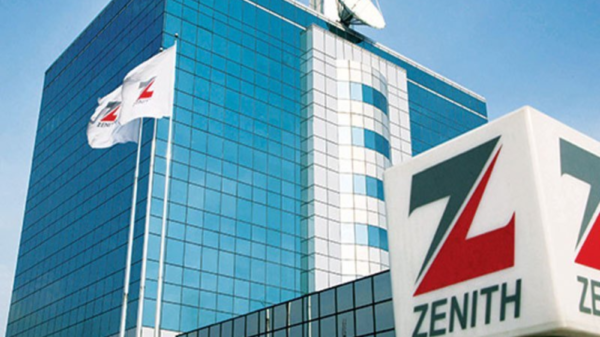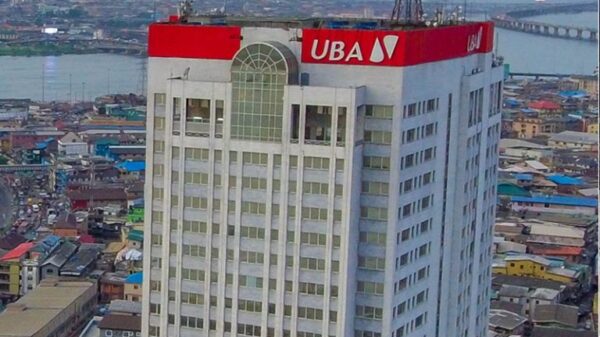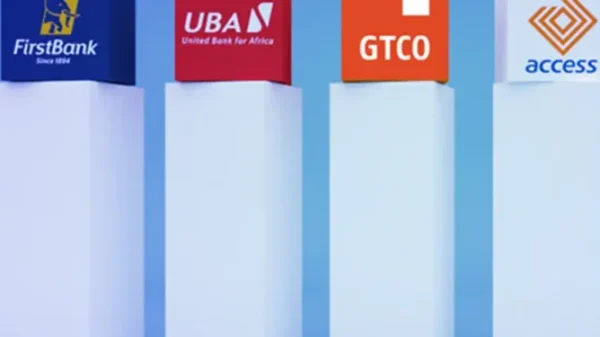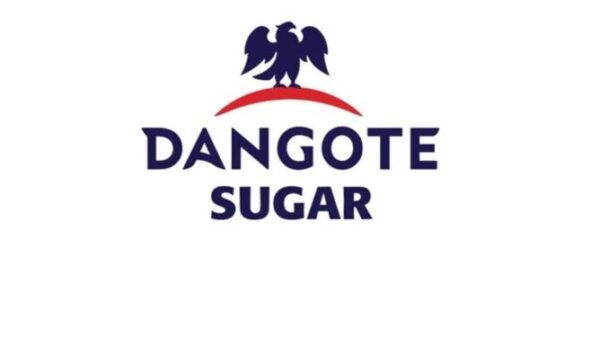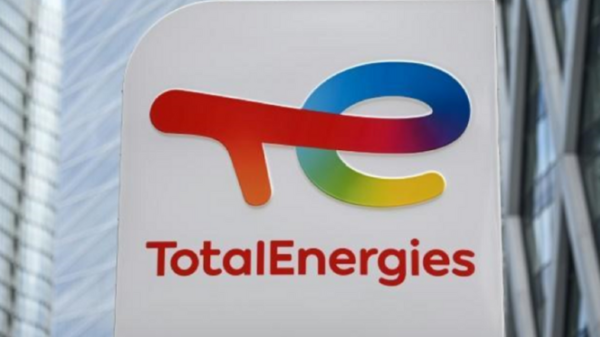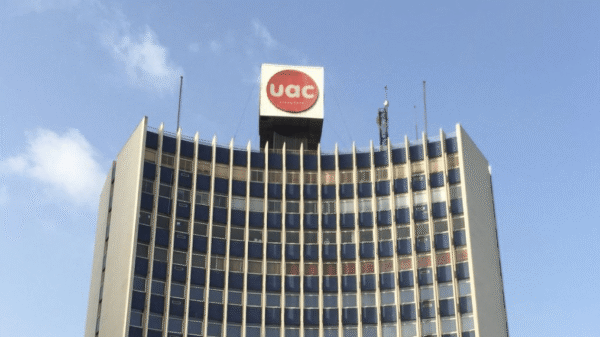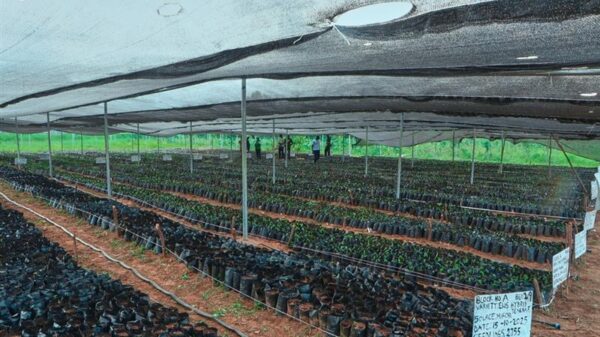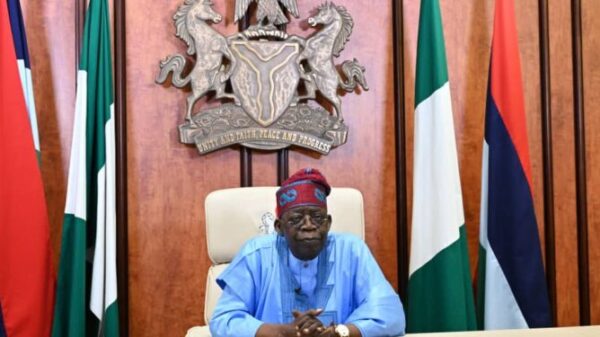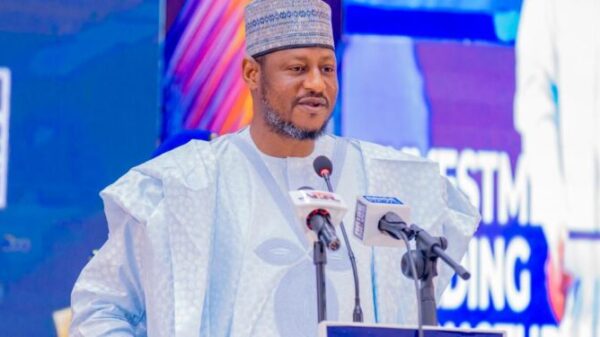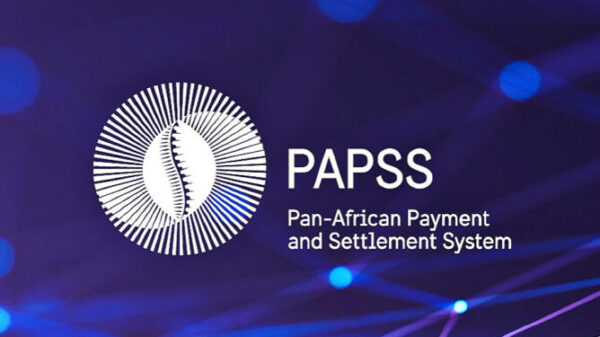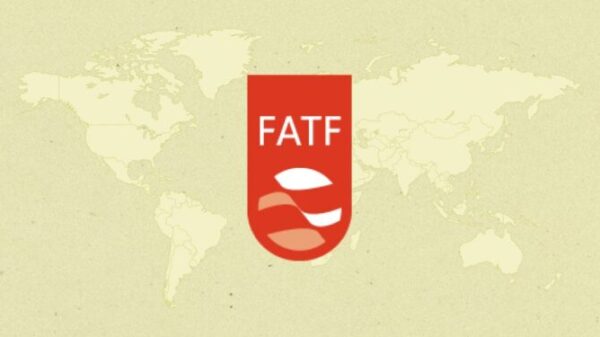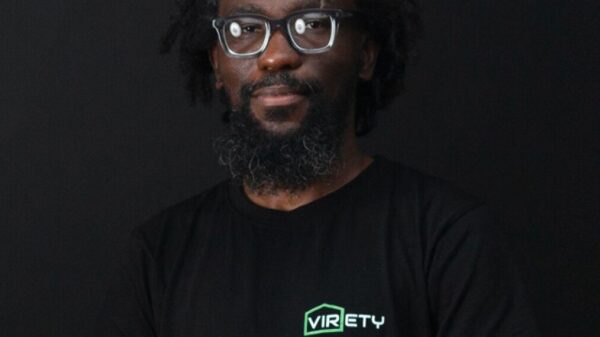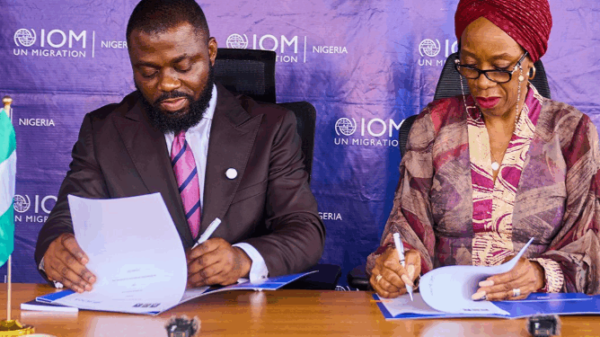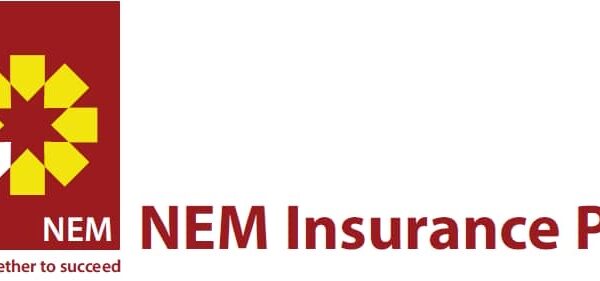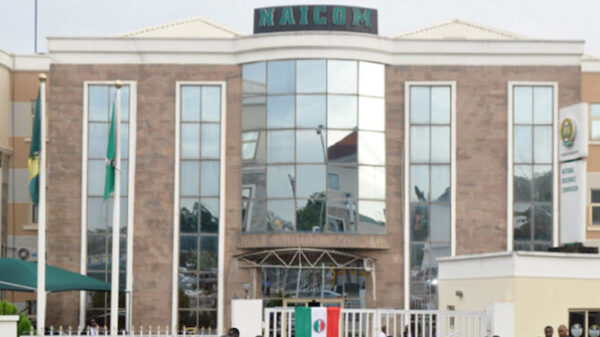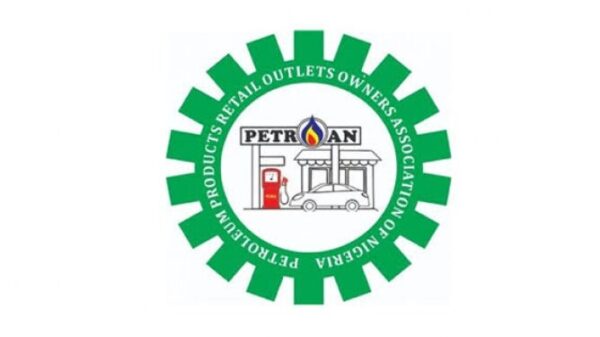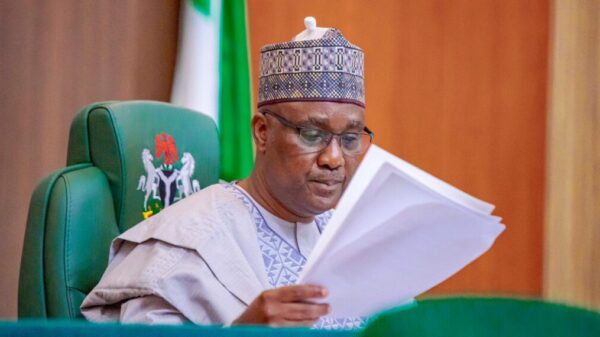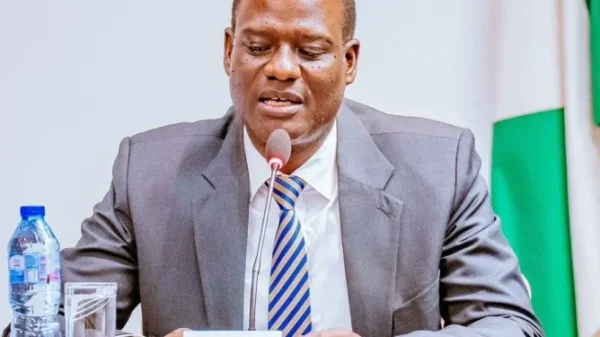Nigeria is in advanced talks with the World Bank for a new $1 billion loan aimed at accelerating private sector investment, job creation, and economic diversification, in line with President Bola Tinubu’s ongoing economic reform agenda. The proposed facility, titled the Nigeria Actions for Investment and Jobs Acceleration (P512892), is part of a broader strategy to transition the country from stabilization-focused policies toward sustainable, private-sector-led growth.
The loan will be presented for World Bank Board approval on December 16, 2025. The package comprises $500 million in International Development Association (IDA) credit and $500 million in International Bank for Reconstruction and Development (IBRD) loan, under the Bank’s Development Policy Financing (DPF) framework.
If approved, this would mark Nigeria’s second-largest single World Bank loan under the Tinubu administration, following the $1.5 billion “RESET” initiative approved in June 2024. The RESET programme supported macroeconomic stabilization measures, including the removal of fuel subsidies, exchange rate reforms, and fiscal consolidation.
A shift from stabilization to sustainable growth
The World Bank’s concept note highlights that the new $1 billion facility will help Nigeria move from short-term stabilization to inclusive, private-sector-led growth. The DPF operation focuses on expanding access to credit and digital services, improving agricultural productivity, and reducing trade barriers that have constrained competitiveness and increased consumer prices.
“The proposed Development Policy Financing supports Nigeria’s pivot from stabilization to inclusive growth and job creation,” the Bank stated. “Structured as a two-tranche, standalone operation of $1 billion, it seeks to catalyse private sector–led investment by expanding access to finance, deepening capital markets, reducing inflationary pressures, and diversifying exports.”
Despite ongoing reforms, Nigeria’s private sector credit-to-GDP ratio remains low at 21.3% in 2024, significantly below peer emerging economies. The World Bank noted that capital markets are still dominated by government securities, leaving limited room for private investment.
To address these structural gaps, the DPF will back key reforms, including:
-
Implementation of the Investment and Securities Act 2025 to modernize market regulation.
-
Operationalisation of credit-enhancement facilities to increase lending to small businesses.
-
Introduction of a Central Bank rulebook to strengthen risk-based oversight and consumer protection.
Boosting digital and agricultural sectors
In addition to financial reforms, the DPF includes measures to broaden digital inclusion through the National Digital Economy and E-Governance Bill 2025, which will establish a regulatory framework for electronic transactions, data security, and digital authentication. This is expected to create a more transparent and efficient digital ecosystem, improving the ease of doing business and attracting investment into Nigeria’s fast-growing fintech space.
The programme also targets the agricultural sector, which employs over 35% of Nigeria’s workforce but remains largely unproductive due to high input costs and limited access to quality seeds. The World Bank proposes simplifying agricultural seed certification processes to expand the availability of improved varieties for staple crops such as maize, rice, and soybeans.
By lowering tariffs and aligning Nigeria’s trade policies with AfCFTA (African Continental Free Trade Area) commitments, the reforms aim to reduce food inflation, enhance competitiveness, and stimulate exports.
Complementary reform projects
The $1 billion loan is part of a broader World Bank FY26 portfolio for Nigeria that includes three complementary initiatives:
-
FINCLUDE (Fostering Inclusive Finance for MSMEs) – to expand access to credit for small and medium enterprises.
-
BRIDGE (Building Resilient Digital Infrastructure for Growth) – to strengthen Nigeria’s digital backbone.
-
AGROW (Nigeria Sustainable Agricultural Value-Chains for Growth) – to improve agricultural productivity and sustainability.
Together, these programmes are expected to enhance financial inclusion, modernize digital systems, and mobilize private capital to drive job creation.
Economic context and debt profile
The World Bank acknowledged that Nigeria’s recent macroeconomic reforms—fuel subsidy removal, foreign exchange unification, and revenue administration improvements—have restored a measure of fiscal stability and investor confidence. However, economic growth remains modest, with per capita income still below pre-2015 levels and over 130 million Nigerians living in poverty.
The Bank projects that the DPF will create jobs, lower living costs, and increase access to finance, particularly for micro, small, and medium-sized enterprises (MSMEs). Improved agricultural productivity is also expected to boost rural incomes and enhance food security.
As of June 30, 2025, data from the Debt Management Office (DMO) shows Nigeria’s total external debt stood at $46.98 billion, with the World Bank Group holding $19.39 billion, or 41.3% of that total. This comprises $18.04 billion in IDA credit and $1.35 billion in IBRD loans, confirming the World Bank’s position as Nigeria’s single largest external creditor.
The new $1 billion facility, if approved, will deepen this partnership while supporting Nigeria’s long-term goal of achieving inclusive, private-sector-driven economic transformation.


